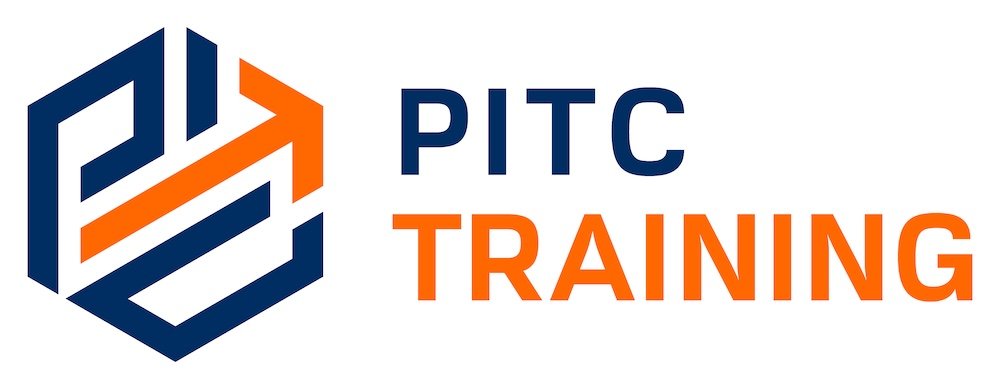Introduction
In today’s technology-driven financial sector, digital threats such as cyber fraud, insider data leaks, unauthorized trading, and system tampering pose serious risks to institutional integrity. Financial institutions must be able to detect, investigate, and respond to such incidents swiftly and forensically to meet both regulatory and operational expectations. This course is designed to equip participants with the foundational skills and investigative techniques needed to conduct digital forensics within financial environments. It focuses on financial systems, digital trails in transaction platforms, fraud detection, and evidence preservation in accordance with industry and legal standards. Participants will gain the ability to support fraud investigations, analyze digital evidence, and coordinate effectively with compliance, IT security, and enforcement teams.
Course Outline
- Module 1
- Module 2
- Module 3
- Module 4
- Module 5
- Course Objectives
- Target Audience
Digital Forensics in the Financial Sector
- Overview of cybercrime and fraud risks in financial institutions
- Regulatory expectations and reporting obligations (e.g.,AMLA, GDPR)
- Role of digital forensics in fraud prevention and incident response
- Types of breaches: unauthorized access, transaction fraud, data manipulation.
Digital Evidence in Financial Systems
- Identifying evidence sources in core banking and trading systems
- Logs, system records, user credentials, and audit trails
- Email and communication evidence: phishing, internal leaks
- Remote access forensics (VPN, mobile banking apps, SaaS platforms)
- Working with cloud-based financial infrastructure
Evidence Handling and Legal Considerations
- Forensic soundness and chain of custody in financial environments.
- Capturing disk images, logs, and session data.
- Data retention, regulatory reporting, and audit trail integrity.
- Coordination with law enforcement and regulators.
- Legal admissibility of digital evidence in financial disputes.
Forensic Tools and Techniques in Finance
- Using forensic tools: Autopsy, FTK Imager, Splunk, and SIEM systems.
- Analyzing transaction, system access anomalies, and user behavior.
- Forensic red flags: sudden permission changes, off-hour logins, suspicious file transfers.
- Memory and disk analysis for financial application endpoints.
- Introduction to forensic scripting for data analysis.
Incident Response and Cross-Functional Coordination
- Designing a digital forensics policy for financial institutions.
- Roles and responsibilities in investigations: compliance, legal, IT.
- Explore an incident response plan with forensic integration.
- Forensic reporting and communication for executive and regulatory review.
By the end of this course, participants will be able to:
- Explore how digital forensics supports financial crime and cyber incident investigations.
- Identify key sources of digital evidence in financial systems and platforms.
- Apply basic forensic techniques to detect fraud, misuse, and system breaches.
- Preserve digital evidence in compliance with legal and regulatory standards.
- Use forensic tools during incident response and breach analysis.
- Collaborate with internal teams to support forensic readiness and investigations.
This course is ideal for:
- Fraud investigators and risk officers.
- Compliance and internal audit teams.
- IT security and digital banking professionals.
- Financial crime and AML teams.
- Legal and regulatory affairs staff.
- Banking and fintech operations teams.
- Regulatory authority staff overseeing financial systems.
Course Schedule & Fees
- Kuala Lumpur
- Singapore
- Amsterdam
- Online
- Course Fees
This course will take place in Kuala Lumpur on the following dates:
| 26/05/2025 | 09/06/2025 | 23/06/2025 | 07/07/2025 |
| 21/07/2025 | 04/08/2025 | 18/08/2025 | 01/09/2025 |
| 15/09/2025 | 29/09/2025 | 13/10/2025 | 27/10/2025 |
| 10/11/2025 | 24/11/2025 | 08/12/2025 | 22/12/2025 |
| 05/01/2026 | 19/01/2026 | 02/02/2026 | 16/02/2026 |
This course will take place in Singapore on the following dates:
| 19/05/2025 | 09/06/2025 | 30/06/2025 | 21/07/2025 |
| 11/08/2025 | 01/09/2025 | 22/09/2025 | 13/10/2025 |
| 03/11/2025 | 15/12/2025 | 05/01/2026 | 26/01/2026 |
| 16/02/2026 |
This course will take place in Amsterdam on the following dates:
| 26/05/2025 | 16/06/2025 | 07/07/2025 | 28/07/2025 |
| 18/08/2025 | 08/09/2025 | 29/09/2025 | 20/10/2025 |
| 10/11/2025 | 01/12/2025 | 22/12/2025 | 12/01/2026 |
| 02/02/2026 | 23/02/2026 |
This course will take place Online the following dates:
| 20/05/2025 | 17/06/2025 | 15/07/2025 | 12/08/2025 |
| 09/09/2025 | 07/10/2025 | 04/11/2025 | 02/12/2025 |
| 30/12/2025 | 27/01/2026 | 24/02/2026 |
| Kuala Lumpur | Singapore | Amsterdam | Online |
| USD$ 3,580 | USD$ 5,600 | USD$ 5,600 | USD$ 1,920 |


